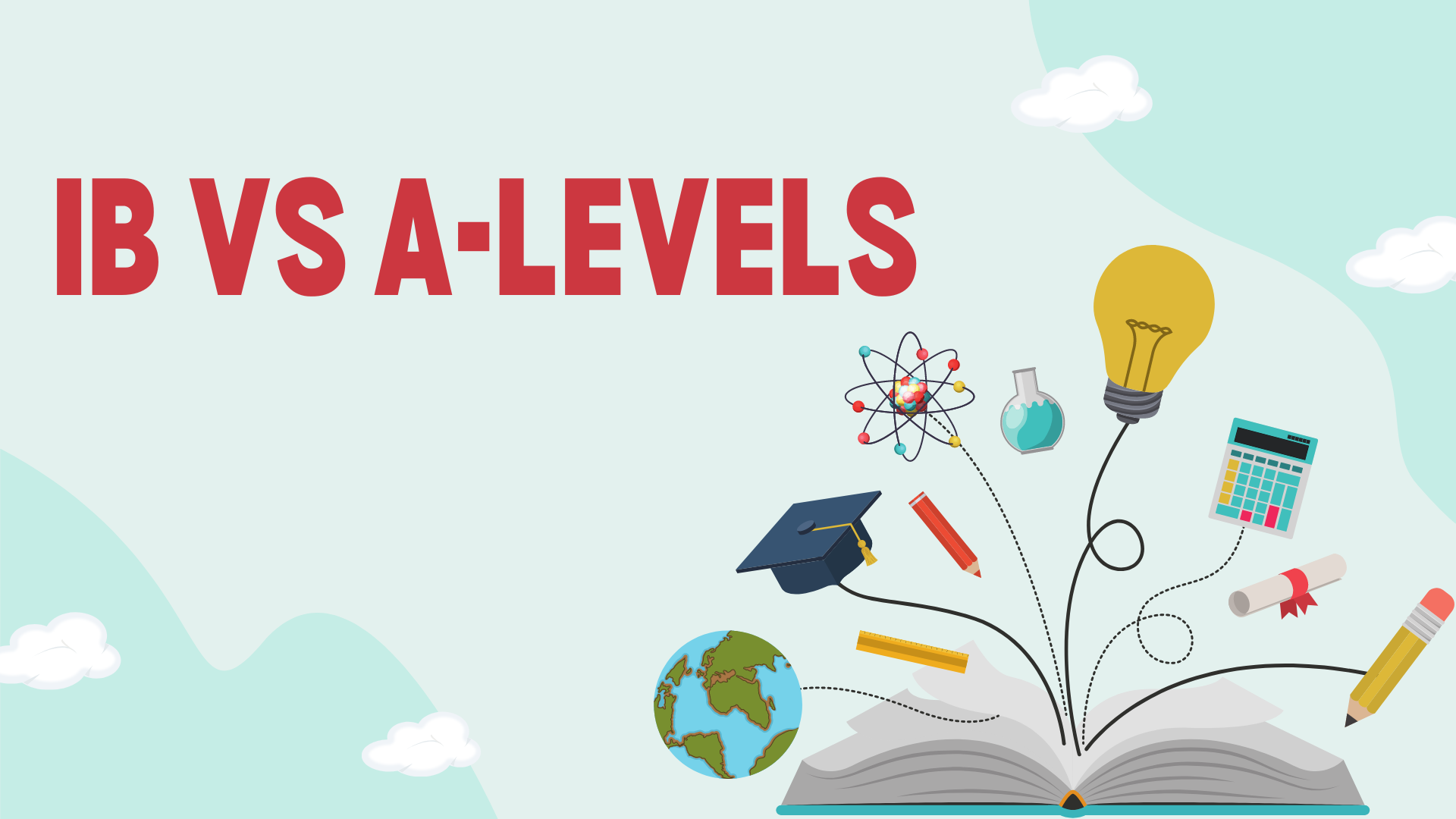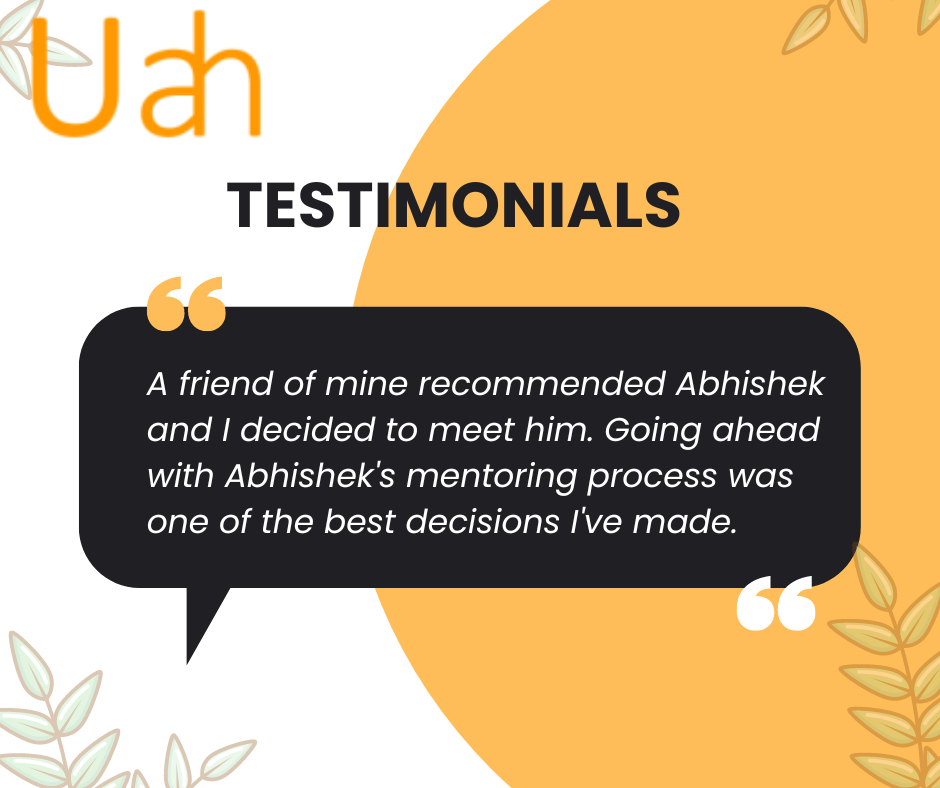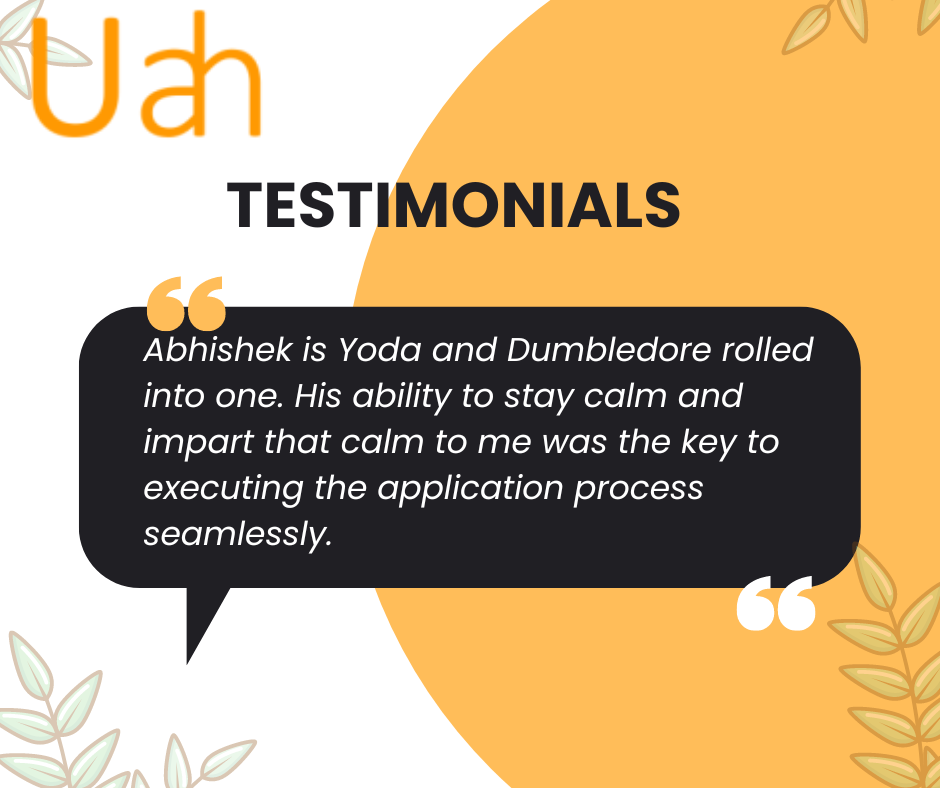These 2 things could sink your essay
- Written by UnivAdmitHelp
- Category: Admission Application
- Published on 19 Nov 2020
How to write a college essay that won't put the admissions committee to sleep?
In the pursuit of success, zealous aspirants have oft exchanged simple writing for convoluted and protracted syntax. In other words, students often write lengthy and verbose essays in order to crack an admission. Needless to say, sometimes the message gets lost in the words.
It is true that clothes maketh the man. You do want to dress for success. Similarly, you do want to impress an admission committee with your application which contains long and impressive words for simple facts. But more often than not, in an effort to be impressive and correct, the language of an essay falls victim to the two devils: The Thesaurus and the Very Long Sentence.
The Very Long Sentence (also the Run-On Sentence)
Run-on sentences occur when two complete sentences are squashed together without using a coordinating conjunction or proper punctuation, such as a full-stop or a semicolon. If you are confused about where one idea ends and where another begins, your reader will be as well.
Take this for example:
“Before I met with an accident in my hometown I was wanting to come back to try to get selected again for the main team, but-my speed was reduced, I couldn't pivot on my left leg and honestly I wasn't the same player as before but it didn't stop me from playing.”
It’s easy to imagine why it’s best to stick with short sentences. But make every sentence simple and short, and your essay will read like “See Spot run” books for children. A standard rule for interesting writing is to vary the length of your sentences - for interest, for drama, for rhythm. It is a little like becoming aware of the rhythm in your writing.
People read long sentences quickly. They take longer to read short sentences.
Read this:
“A man’s life is at stake. His name is Vito Valenti. On Sept. 11 he was caught in the maelstrom and stayed at Ground Zero as a volunteer to help in the frantic rescue and recovery operation. And today he is dying. He is 42 years old.
He cannot work.
He has no pension.
He has no health insurance.
He has no money for medications.
His lungs are being destroyed by pulmonary fibrosis.”
Compare this to the following writing:
"He walked carefully into the narrow room. Then he saw a picture above the fireplace. He wondered who was in the picture. He walked over to it. He was sure he had seen that face before. Then he looked at the grey hair and the cruel eyes. He didn't know where he had seen them.”
Lastly:
"The waves crashed. The moon shone brightly. All else was silent on the deserted beach. From the distance came a low growl of thunder signalling a welcome spell of rain headed my way. I took a deep breath and inhaled the smell of salt and sea. This was home."
At what point did you get bored? Which sentences had the most impact?
The first paragraph used very short sentences to create immense impact. He cannot work. He has no pension. He is dying. These sentences state a simple fact meant to be taken at face value. The longer sentences then offer an explanation and detail.
Compare this to the middle paragraph. The sentences here are all of a similar length, and even similar structure “He walked..; he saw..; he wondered..; he walked..”. This makes for monotonous, boring reading, creating little to no impact.
The last paragraph has sentences of differing lengths. This takes the reader on a visual journey of the scene, ending with a three word sentence. “I was home.” This creates an impact on the reader. One can even imagine a kind of sigh at the end of the passage. (At this point, I would encourage you to re-read the three paragraphs to see the sentences in play.)
For a student-writer, the aim of an essay is to communicate their story in an effective manner. If the sentences create a sense of boredom, the reader will simply skim through it, and might miss the main point. If it is full of short sentences, it might sound too juvenile. A good balance of rhythm in writing allows the essay to shine.
The Thesaurus:
Some of the most used words, especially in MBA applications, are therein and whereby. Some more overused ones are ecosystem, mechanistic, commoditisation, or anything really which is forced to end with -ise. Avoid them, or at least restrict their use to 2 or 3 times in one essay!
Do not fall into the trap of over-using the thesaurus. True, we have always been warned against using words like “good, nice, very well”. There is always a better word for what you are trying to say like “delicious, precise, expertly”, but every word has one purpose: communication. Consider these flowery examples and their simplified versions:
- High–quality learning environments are a necessary precondition for facilitation and enhancement of the ongoing learning process.
Simplify: Children need good schools if they are to learn properly. - The relevant comments which you have made in respect of the case under review have been carefully considered.
Simplify: We have considered your comments carefully. - The company needs to re–evaluate its strategic objectives in terms of its consumer base.
Simplify: The company needs to re–evaluate its commercial aims.
You can see why overdressing your essay with really fancy words does not work very well. (After all, can you really score a goal while wearing a suit?) Overusing a thesaurus to choose flowery words (or business-like jargon) thus works against you because it can only suggest words but not explain the nuances of context and subtext. Words replaced by a thesaurus tend to look odd and awkward, or “extraordinary and uncoordinated”.
A thesaurus could definitely help if a specific word is just out of your reach, but not to expand the possibilities of a writer’s vocabulary.
Eventually, you might realize that there are a hundred ways to sink a ship, but these two traps could be enough to sink an essay. A student-writer needs to accept that an ornate vocabulary, or simply word-substitution, doesn’t make for great writing. Nor do long sentences succeed in impressing anyone.
A good essay needs time and lots and lots of iteration.
What's more, a hook, a story arc, clarity, precision, and validation are the key ingredients of a strong essay. Read more about how you can create a world of difference with stories in your essays.
Further Reading
Why is the application process so complicated
Who should I get my references from









